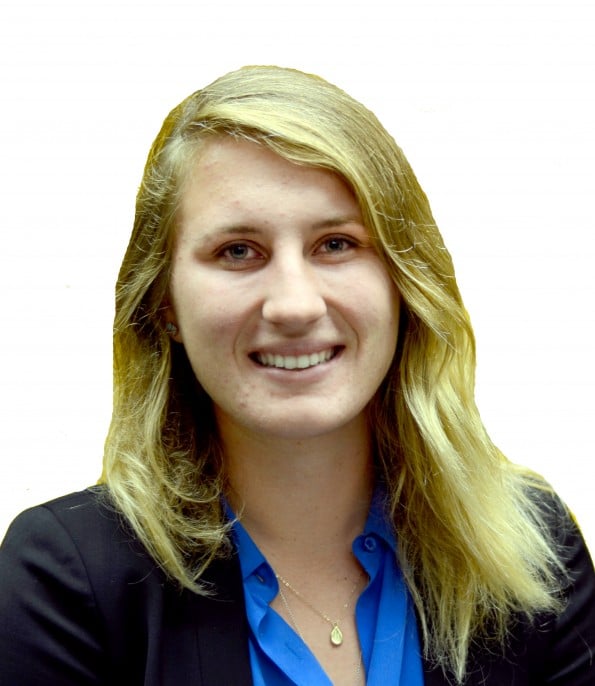I have an overwhelming amount of state pride, and I know that I’m not alone. For those of you wondering, California has a lot more to offer than just the Pacific Ocean. I wish I could write an ode to the Golden State, but I’ll settle in saying I’m very set in the way I was raised. Nothing could stop my East Coast born-and-bred parents from trying to impart a little propriety on me. One lesson: Never talk about sex, politics or religion. No, I wasn’t censored as a child, but my parents’ political views just weren’t discussed. Following their lead and the fact that I wasn’t really very well informed, in high school I remained tacit.
At the same time, politics were still very much in the main thoroughfare of discussion. My school sponsored at trip to President Barack Obama’s inauguration in 2008, and at the same time, I sat next to a kid whose phone background was a Confederate flag. It was an interesting dichotomy of viewpoints to say the least, but one that I didn’t really participate in.
At Northwestern, I’ve made a complete 180. People love to talk about their political opinions. They’ll tell you exactly what they think, why they think it, how long they’ve been thinking it and what they feel about thinking that way.
Politics, a topic that was so taboo for me in the past, is no longer. Despite this column, there’s a discernible difference between voicing an opinion on paper and saying it straight to someone’s face. Yes, I have some conservative views, but I believe we truly grow intellectually and personally by allowing ourselves to be open. At 19, still in my teen years, I feel very comfortable saying I really don’t have an authority on much of anything. The problem when talking about politics is that not everyone is of this viewpoint. It takes a lot of hubris to force your views on others, and that’s something that frustrates me to no end.
I have a lot of opinions on the way I think America should be run, but I’ve never had to fend for myself under a president I’ve elected, so how do I really know how any policies are going to affect me once I become autonomous? Neither my peers nor myself have an answer to this question. That fact is the real backbone to the argument that those who don’t have it shouldn’t argue politics with authority.
There’s a reason my parents told me not to discuss politics. If you haven’t noticed, people believe in their own political views with a vehemence that is frightening. I don’t like the idea of being characterized by my political beliefs. Whether I choose to vote for one candidate or another doesn’t make me a different person. I make choices by a set of inherent values I have decided on for myself, not by whether I support welfare or Obamacare or if I want the war in Afghanistan to end.
Politics are important in that they help govern a very pragmatic part of our lives: our basic rights at citizens. Where I’m still on the fence is this: Are they important in my personal relationships? I don’t want what I believe on a fiscal issue to change they way a close friend feels about me because we disagree. Is whom I vote for such a stamp on who I am as a person that it has to cause tension in my relationships?
It is hard to separate ourselves from our political beliefs. We each believe that we are right and that our arguments are foolproof, airtight, sound. The truth is that, like anything else in life, politically we make mistakes. I don’t know that I voted for the right candidate last week, but I don’t want my decisions in that realm to color who I am as person. If I ever could say this, it would be now as I hold onto my last few months as a teenager, but we’re really just kids who don’t know enough to condescend upon each other. In the end, I would so much rather hold onto my relationships than have them be governed by the fact I didn’t vote for President Obama.
Arabella Watters is a Medill sophomore. She can be reached at [email protected]. If you would like to respond publicly to this column, email a Letter to the Editor to [email protected].









